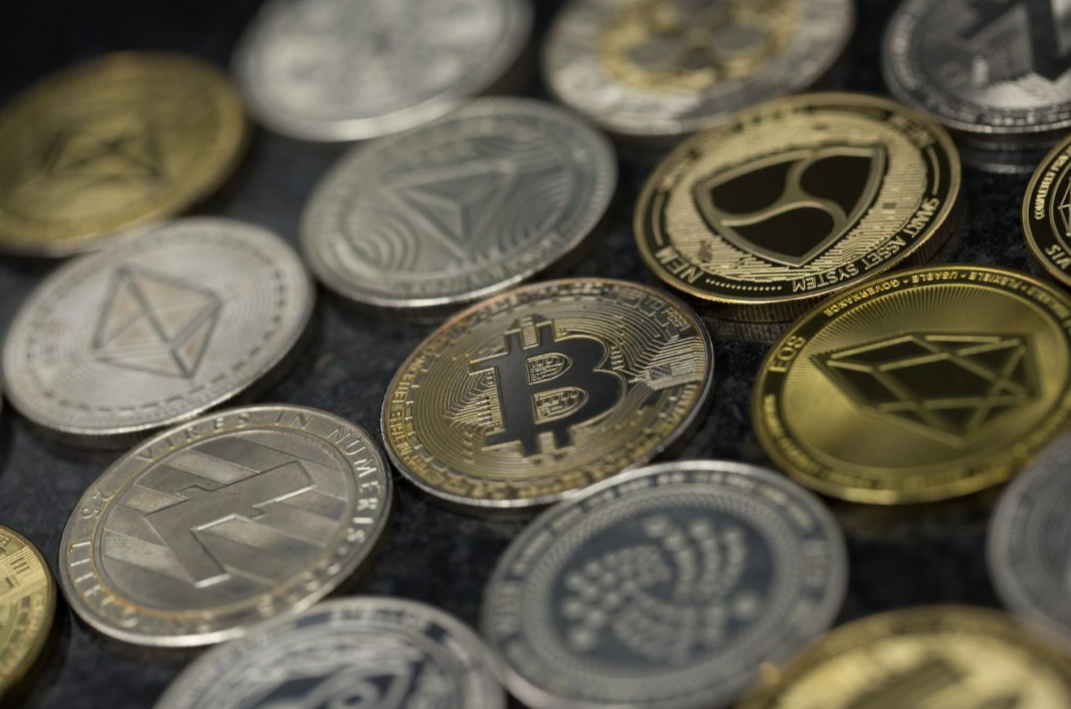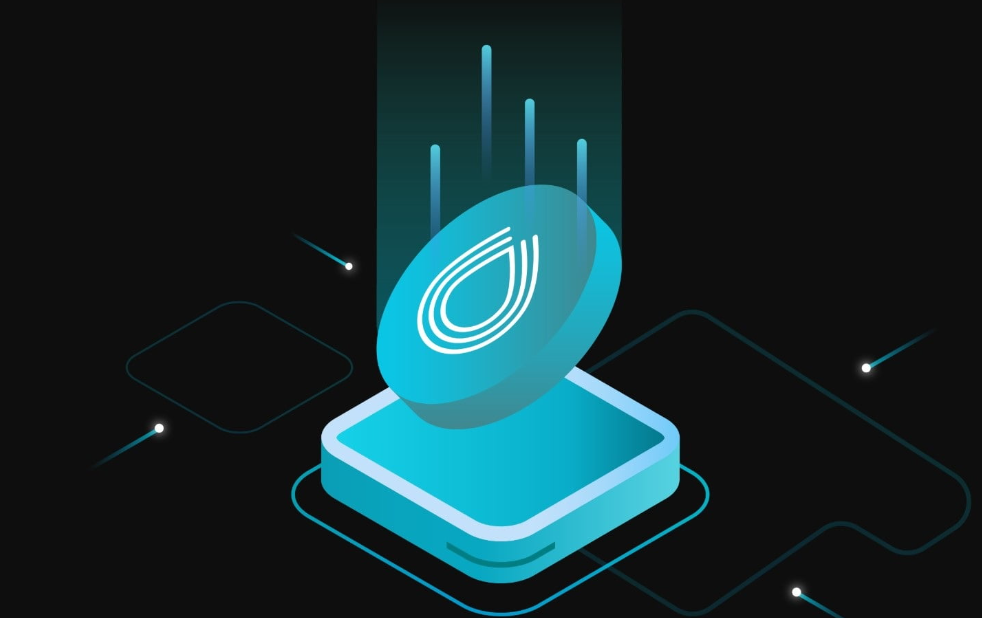What is Altcoin? When you hear the word altcoin, you may be wondering what it is. Basically, it is a cryptocurrency other than bitcoin. It uses smart contracts to improve the speed of transactions and functionality. However, there is some confusion about its functionality and potential. We will take a closer look at the altcoin ecosystem and what it has to offer.
It’s a cryptocurrency other than bitcoin
An altcoin is a cryptocurrency that is similar to bitcoin, but is different from it in several ways. For example, some of these currencies have a limited supply to increase demand and reinforce their perceived value. These coins can be purchased or sold and can also be used to make payments. While most altcoins have similar characteristics to Bitcoin, some of them offer new features or lower price volatility.
Besides Bitcoin, there are thousands of other cryptocurrencies. Many of them are forks of Bitcoin. These cryptocurrencies differ in their uses and consensus mechanisms. While Bitcoin dominates the market, many altcoins exist for different purposes. Those who want to create a currency for a specific use case should look for an altcoin.
It’s a smart contract platform
Smart contracts, or software-defined contracts, have the potential to save businesses a tremendous amount of time and money. These systems automate processes like customer interactions and supply chain management with little to no human involvement. The automation of these processes allows decision-makers to focus on more important tasks, while smart contract platforms take care of all the mundane administration.
The underlying technology behind smart contracts is blockchain technology. It is a decentralized, self-executing program written in code and executed on a distributed, public ledger. These programs allow developers to create complex software and apps that use a distributed, peer-to-peer network. The technology is used in many fields, including lending, insurance, logistics, gaming, and more.
The Ethereum platform was launched in July 2015. It facilitates smart contracts for ICOs and online games. It uses the ERC-20 token standard. This makes it easier for developers to write smart contracts. It also has high levels of standardization and support. Its developers also publish a set of clear rules, which makes smart contract creation much simpler. The Ethereum network has the largest market cap, and it is a leader in smart contract creation.
A smart contract is a program written in a computer language that has the ability to automate various commercial processes. A smart contract has no middleman and is not subject to human manipulation. It also has the potential to protect the privacy of transactions between two or more parties. Smart contracts have many uses in the real world, including facilitating the sale of goods and services.
Smart contracts are a decentralized program where two parties enter into an agreement that is signed using a cryptographic protocol. The contract is made of code, and is stored on the blockchain network. All nodes in the network will periodically update their copies of the blockchain with new data. This helps keep the blockchain secure.
It has improved functionality
The proof-of-stake mechanism that many altcoins use has significantly improved functionality, resulting in a much faster network and reduced energy consumption. These improvements were made in response to scalability and sustainability concerns. Altcoins are aiming to become the next generation of Bitcoin, offering a cheap and efficient way to make digital transactions.
It has improved transaction speed
There is a lot of talk in the crypto community about how Altcoin has improved transaction speed. While this is true, the speed of transactions will still depend on several factors, including the amount of network congestion and the fee that is provided. Some Altcoins boast of insanely fast transaction speeds, while others don’t offer any guarantee on those speeds.
Transaction speed is a crucial factor for cryptocurrency success, but it varies from network to network. Some networks have fixed limits on the number of transactions that can be processed per second, and others have no limits. The speed of a transaction depends on many factors, including the network and exchange data.



